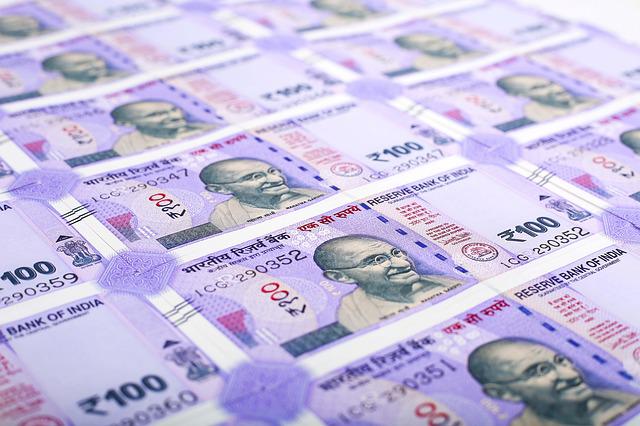
India’s central bank, the Reserve Bank of India (RBI), intends to establish a fraud registry to create a database of fraudulent websites, phone numbers and other details.
This plan is aimed at stopping duping of people by fraudulent elements through virtual transactions, reported Financial Express.

Access deeper industry intelligence
Experience unmatched clarity with a single platform that combines unique data, AI, and human expertise.
Talking to reporters in New Delhi, RBI executive director Anil Kumar Sharma said such fraudulent websites or phone numbers will be blacklisted to cut down incidences of banking frauds.
Important stakeholders operating in the payment sector will gain access to this registry for near-real time information on scams.
The full data will also be published to boost awareness among customers.
Sharma added: “There is no definite timeline for setting up of the fraud registry. At present, we are talking to different stakeholders, including different departments like payments and settlement, and supervision of RBI.”

US Tariffs are shifting - will you react or anticipate?
Don’t let policy changes catch you off guard. Stay proactive with real-time data and expert analysis.
By GlobalDataFrom 1 September, customers of the core investment company (CIC) will also come under the purview of the Reserve Bank – Integrated Ombudsman Scheme (RB-IOS), 2021.
A non-banking financial company (NBFC), CIC is involved in the business of acquiring shares and securities, and has not less than 90% of its net assets in preference shares, bonds, debentures, equity shares, debt or loans in group companies, reported Business Standard.
Last year, Indian Prime Minister Narendra Modi rolled out an integrated consumer grievance redressal system to tackle service complaints against entities regulated by RBI, including banking, NBFCs and digital payment systems.
The prime minister had launched ‘One Nation One Ombudsman’ with one portal, one email, and one address for customers to submit their complaints, in an effort to make the dispute redressal process simpler and responsive.
Prior to the integrated ombudsman scheme, the Indian central bank had three separate ombudsmen — one each for banks, NBFCs and digital payments.
Giving details about the complaints filed under the Ombudsman Scheme, Sharma added that during 2021-22, about 418,184 complaints were received under the Ombudsman Scheme as against 382,292 in the year before. In the last financial year, as many as 97.9% cases were resolved as compared to 96.5% in the preceding year, reported Times of India.
The turnaround time on an average for resolving a complaint at the ombudsman office has been cut down from 46 days in 2020-21 to 38 days in 2021-22. It used to be 95 days in 2019-20 under the three ombudsmen mechanism.
Sharma has advised customers to be wary of sharing their details to anyone and report any fraud-related incidence to the bank to minimise their risk.
Last week, India’s central bank lifted the business restrictions imposed on American Express, citing satisfactory compliance demonstrated by the firm.







